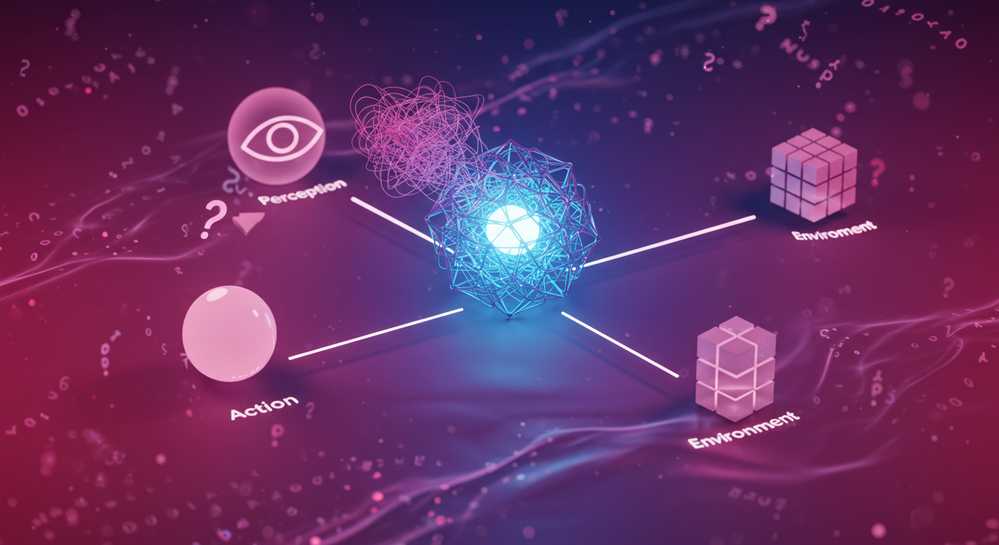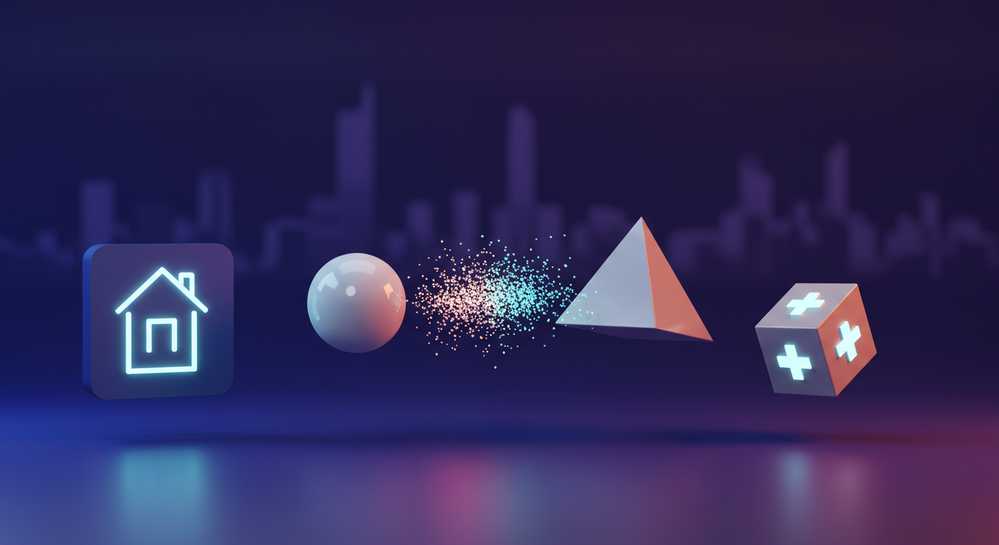Navigating the world of artificial intelligence can be complex, and finding clear answers is key. This guide directly addresses the most common intelligent agent questions and answers, breaking down what these agents are, how they function, and why they are so crucial in today’s technological landscape. We will explore the core concepts and real-world applications to provide you with a solid understanding of this transformative technology.
Contents
What are the foundational concepts of intelligent agents

At its core, an intelligent agent is any entity that perceives its environment and acts to achieve specific goals. It functions as an autonomous system, observing through sensors and acting through actuators. To properly define an agents task and answer key intelligent agent questions and answers, we use the PEAS framework. This model specifies its Performance, Environment, Actuators, and Sensors.
- Performance Measure: The criteria for success. This metric evaluates how well the agent performs its designated function.
- Environment: The operational space. It can be a physical room or a virtual market where automated crypto trading bots operate.
- Actuators: The components for action. These include motors, screens, or steering wheels that execute decisions.
- Sensors: The tools for perception. Cameras, microphones, and GPS are common examples that gather data from the environment.
Rationality is not omniscience
A crucial distinction exists between rationality and omniscience. A rational agent makes the best possible decision based on its current knowledge and percepts. It acts logically with the information it has, aiming for the best expected outcome. In contrast, an omniscient agent knows the actual future outcome of its actions, a theoretical ideal impossible in any real world application.
How do different types of intelligent agents operate

How different types of intelligent agents operate
Intelligent agents are not a one size fits all solution. They are categorized by their complexity, from simple reactive machines to agents that learn and adapt. Understanding these types is key to answering common intelligent agent questions and answers about their behavior and capabilities. Each category represents a different level of sophistication in decision making.
A breakdown of agent architectures
The architecture of an agent determines how it functions. Simpler agents react directly to stimuli, while more advanced ones can plan and learn from experience.
- Simple Reflex Agents: These agents act based only on the current percept, ignoring past history. They follow a basic condition-action rule, like a thermostat activating when the temperature drops.
- Model-Based Reflex Agents: These maintain an internal model of the world. They use past information to make better decisions in partially observable environments.
- Goal-Based Agents: These agents have explicit goals. They use planning and search algorithms to find a sequence of actions that will achieve their objectives.
- Utility-Based Agents: When multiple goals exist, these agents choose the action that maximizes their utility or happiness, providing the best possible outcome. Many AI powered trading bots use this approach.
- Learning Agents: These agents can improve their performance over time. They learn from experience and adapt their behavior accordingly.
What can intelligent agents do in the real world

What intelligent agents do in the real world
Intelligent agents are already a core part of modern technology, impacting our daily lives in numerous ways. Their ability to automate complex tasks and make data driven decisions has made them indispensable. Understanding their applications provides clear answers to many intelligent agent questions and answers about their real world value.
Practical applications of intelligent agents
- Virtual Assistants: Services like Siri and Alexa perceive voice commands via microphones. They act by providing information or controlling smart home devices through speakers and app integrations.
- Recommendation Engines: Platforms like Netflix use agents to analyze your viewing history. They then act by suggesting movies or shows you are likely to enjoy, personalizing your experience.
- Autonomous Vehicles: Self driving cars are complex agents using cameras and LiDAR to perceive their environment. They act by controlling steering, acceleration, and braking to navigate safely.
- Automated Trading: In crypto, the best crypto trading bots monitor markets 24/7. They analyze data to execute trades at high speeds, aiming to maximize returns based on a strategy.
What are the key challenges and future directions
While intelligent agents offer immense potential, their development is not without challenges. Addressing these issues is key to unlocking their future capabilities responsibly and effectively. These hurdles form the basis of many current intelligent agent questions and answers within the research community.
Key development and ethical challenges
A primary obstacle is creating agents that operate reliably in complex, unpredictable environments. This requires robust algorithms to handle uncertainty and incomplete information. Furthermore, as agents become more autonomous, critical ethical questions arise. Ensuring transparency, accountability, and freedom from data bias are major concerns for developers and policymakers alike.
Future directions and emerging trends
The future of intelligent agents points toward greater collaboration and transparency. Several key trends are shaping the next generation of this technology.
- Multi-Agent Systems: This involves multiple agents collaborating or competing to solve complex problems that are beyond the scope of a single agent.
- Explainable AI (XAI): A major push to make the decision making processes of agents transparent and understandable to humans.
- IoT Integration: The fusion of intelligent agents with the Internet of Things will create truly smart, interconnected, and responsive environments.
Understanding intelligent agents is no longer a niche topic but a fundamental aspect of modern technology. From simple reflex actions to complex learning capabilities, these agents are the driving force behind automation and AI. As they continue to evolve, their impact on our world will only grow. For more insights into automated solutions in the crypto space, explore the tools and resources available at Sniper Bot Crypto.
